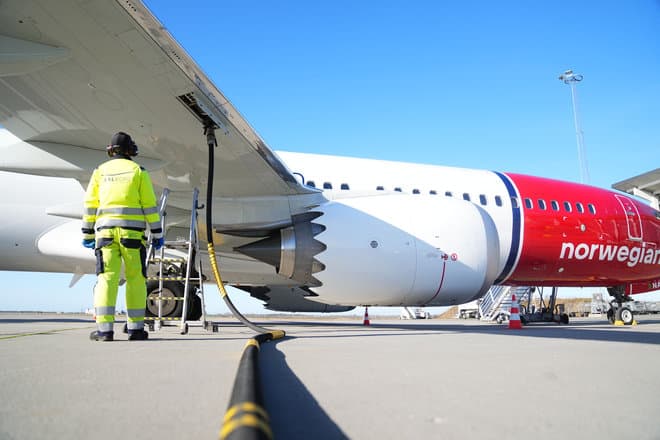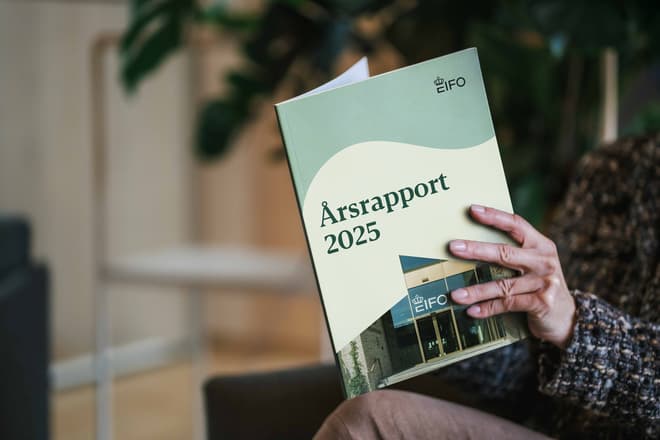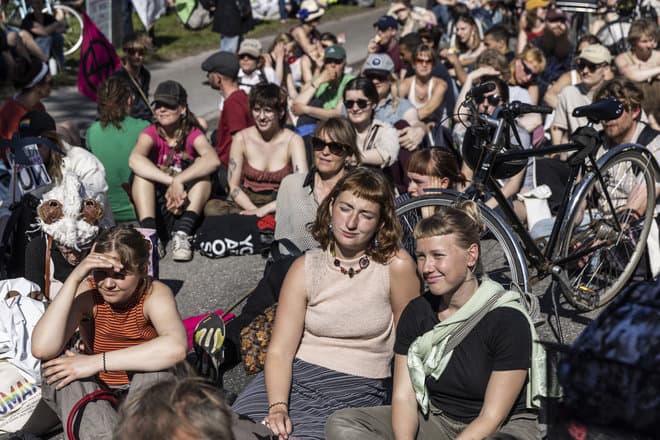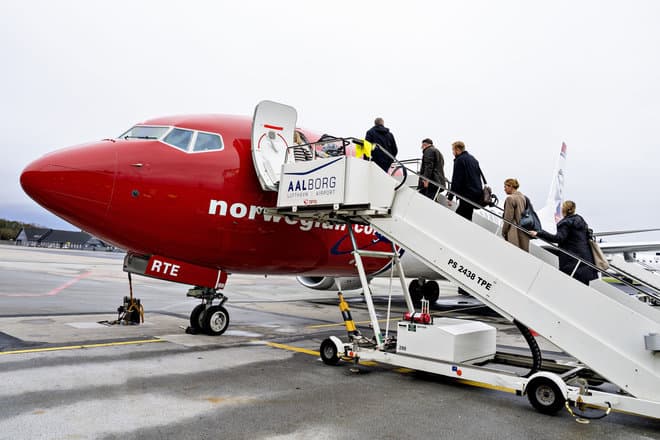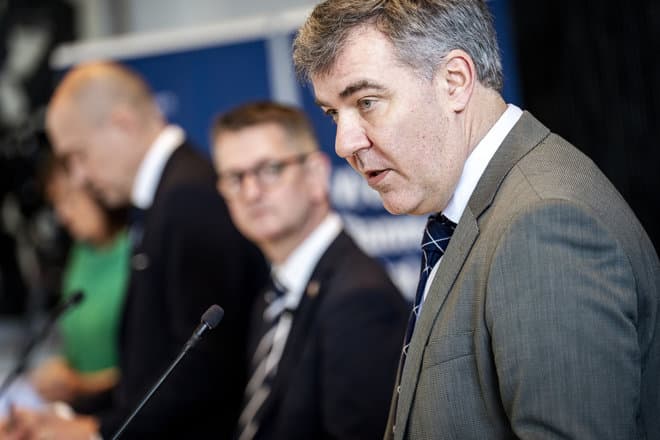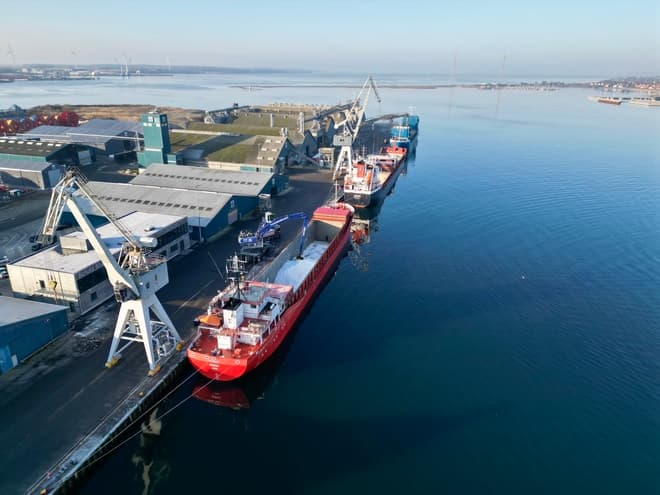The US has already done so. So has the UK. But EU countries are having an unusually difficult time agreeing on a halt to purchases of Russian oil.
On May 4, the EU Commission presented a proposal for the sixth sanctions package. The proposal includes, among other things, the proposal to phase out Russian crude oil within six months and refined Russian oil products within nine months.
But almost three weeks later, EU countries are still not in agreement. EU leaders now risk landing in Brussels for an extraordinary summit in a week without the countries having been able to agree on the sixth sanctions package.
At the summit on 30 and 31 May, the EU countries should send a new signal of unity in light of Russia's continued war in Ukraine, says Foreign Minister Jeppe Kofod (S) on Monday in Brussels.
- The most important thing in relation to the preparation of the meeting of heads of state and government next week is of course the unique unity that exists in the EU and in the West in relation to Russia's illegal war against Ukraine. We must stand together to impose as many costs on Russia as possible, says Jeppe Kofod.
Difficult for several countries
However, the sixth sanctions package has created problems for several countries that are deeply dependent on Russian oil. First and foremost, Hungary has protested the EU Commission's timetable. This has been done with reference to the fact that Hungary, unlike a number of other EU countries, does not have ports that can receive oil.
Hungary is therefore dependent on Russian pipelines, which will require major investments to replace.
Question: How can this be solved? Should Hungary have a five-year transition phase? Or help to build other oil pipelines?
- There is again doubt that the sanctions in the energy sector are hurting - also on certain EU countries. But having said all that, it is important for the Danish government that we get the harshest possible sanctions. Because those who suffer the most are neither the EU member states nor us in Denmark. It is the Ukrainians who pay the highest price, says Jeppe Kofod.
However, he suggests that a solution can be found that can accommodate, for example, Hungary.
- Yes, of course we must also help each other in the EU to handle the sanctions. But all countries, including Hungary, should support this package. The sooner the better, says Jeppe Kofod.
He does not elaborate specifically on how Hungary can get help so that the sanctions package can fall into place. It requires unanimity among EU countries to implement new sanctions. That is why Hungary must be on board.
Ritzau
Text, graphics, images, sound, and other content on this website are protected under copyright law. DK Medier reserves all rights to the content, including the right to exploit the content for the purpose of text and data mining, cf. Section 11b of the Copyright Act and Article 4 of the DSM Directive.
Customers with IP agreements/major customer agreements may only share Danish Offshore Industry articles internally for the purpose of handling specific cases. Sharing in connection with specific cases refers to journaling, archiving, or similar uses.
Customers with a personal subscription/login may not share Danish Offshore Industry articles with individuals who do not themselves have a personal subscription to Danish Offshore Industry.
Any deviation from the above requires written consent from DK Medier.

